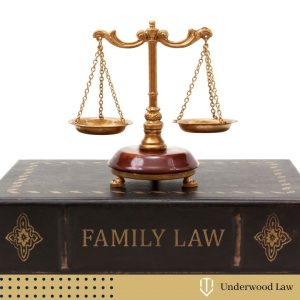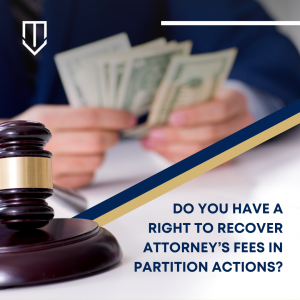 Yes. In California, you have a right to recover attorney’s fees by statute. But that doesn’t mean that you can recover 100% of your fees, even in uncontested partitions. Courts will employ numerous equitable considerations in awarding costs, and the complexities of prolonged litigation may render some expenditures on your attorney unrecoverable. The focus of this blog post will therefore be those common issues that arise when attempting to recoup your costs.
Yes. In California, you have a right to recover attorney’s fees by statute. But that doesn’t mean that you can recover 100% of your fees, even in uncontested partitions. Courts will employ numerous equitable considerations in awarding costs, and the complexities of prolonged litigation may render some expenditures on your attorney unrecoverable. The focus of this blog post will therefore be those common issues that arise when attempting to recoup your costs.
The Authority for Awarding Attorney’s Fees in Partition Actions
Code of Civil Procedure, section 874.010 states that “[t]he costs of partition include: (a) [r]easonable attorney’s fees incurred or paid by a party for the common benefit.”
 California Partition Law Blog
California Partition Law Blog


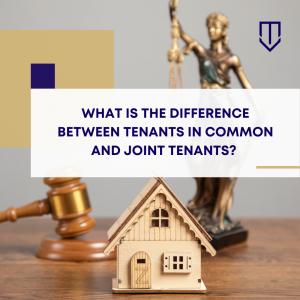 In California, most real estate is held either as marital property, as a tenancy in partnership, as
In California, most real estate is held either as marital property, as a tenancy in partnership, as  Yes. Partnership property is subject to partition on the dissolution, accounting, and wind-up of partnership matters, just like other types of property. As real estate presents unique issues, however, there are many important things to know about the process to ensure that it is done correctly. The purpose of this blog post is to address some of the issues involved with partitioning property belonging to a partnership.
Yes. Partnership property is subject to partition on the dissolution, accounting, and wind-up of partnership matters, just like other types of property. As real estate presents unique issues, however, there are many important things to know about the process to ensure that it is done correctly. The purpose of this blog post is to address some of the issues involved with partitioning property belonging to a partnership.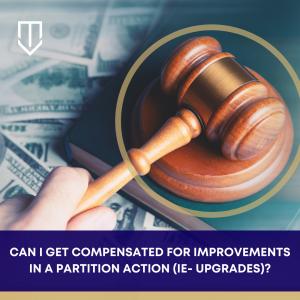 Yes. A party may be able to receive credits and/or offsets for upgrading a property in a partition action under many circumstances. In a
Yes. A party may be able to receive credits and/or offsets for upgrading a property in a partition action under many circumstances. In a 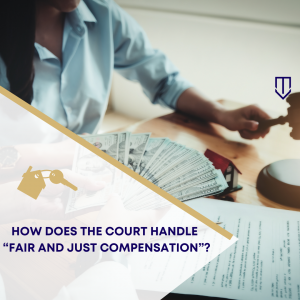
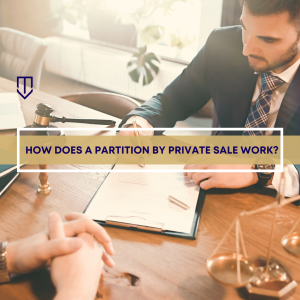 Partition by a private sale is a method of selling jointly owned property, either by joint tenants or tenants in common, under the court’s supervision via a court order or a court-ordered referee.
Partition by a private sale is a method of selling jointly owned property, either by joint tenants or tenants in common, under the court’s supervision via a court order or a court-ordered referee. 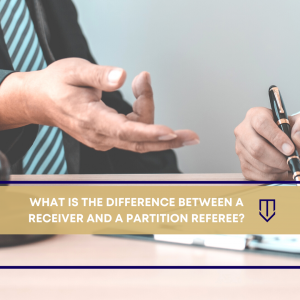 Partition receivers and partition referees serve very similar roles in partition lawsuits. Their roles are to act as a third party with no ties to any of the co-owners interests in property via a partition lawsuit and to help the court and the judge to distribute the property or proceeds from the sale of the property fairly and equitably. Read on to find out the important differences between the two.
Partition receivers and partition referees serve very similar roles in partition lawsuits. Their roles are to act as a third party with no ties to any of the co-owners interests in property via a partition lawsuit and to help the court and the judge to distribute the property or proceeds from the sale of the property fairly and equitably. Read on to find out the important differences between the two. 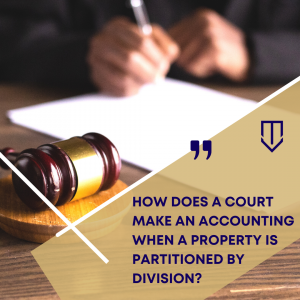 When there is a court-ordered
When there is a court-ordered 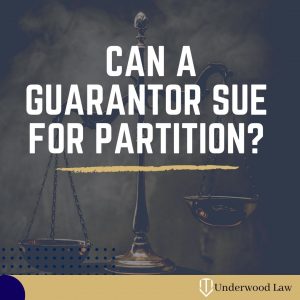 Unless the guarantor has an interest in the property, such as a joint tenancy, tenancy in common, or tenancy by the entirety, then no, a guarantor in the property can not sue for partition.
Unless the guarantor has an interest in the property, such as a joint tenancy, tenancy in common, or tenancy by the entirety, then no, a guarantor in the property can not sue for partition. 